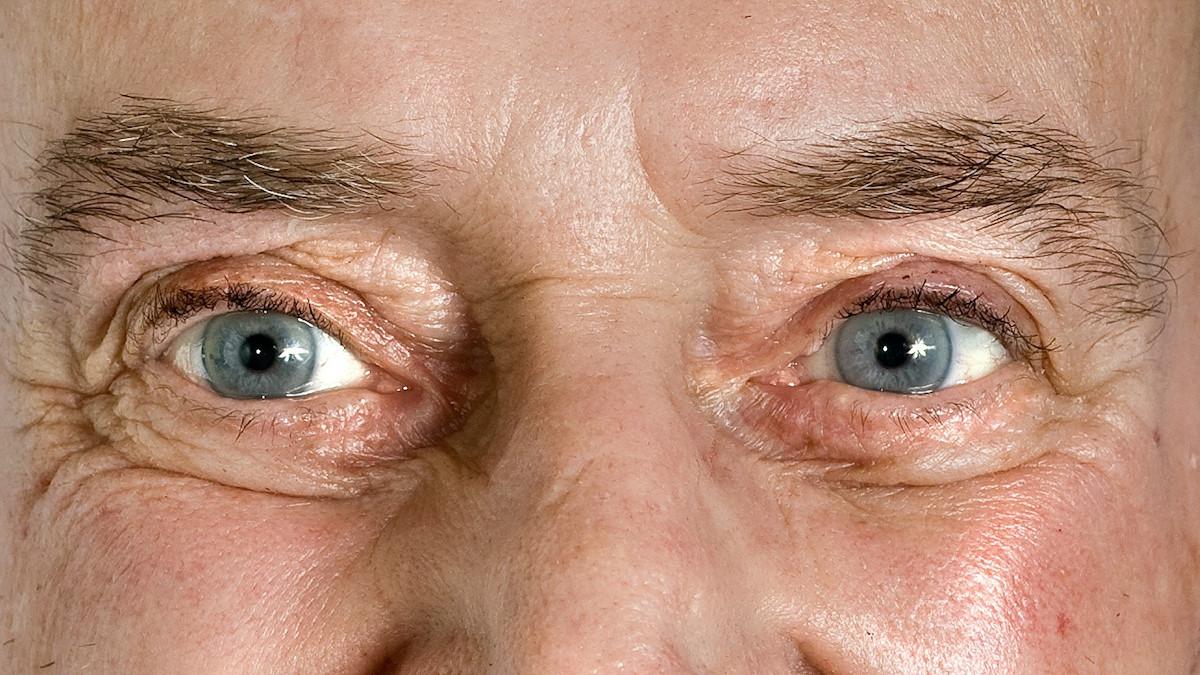NICE backs first ophthalmic bevacizumab for NHS use

Outlook Therapeutics' Lytenava has become the first ophthalmic formulation of VEGF inhibitor bevacizumab to be cleared for use by the NHS in England and Wales for treating wet age-related macular degeneration (AMD).
It is believed to be the first time that Lytenava (bevacizumab gamma) has been cleared for reimbursement in any European country, coming after the marketing approvals for the drug in the UK and EU earlier this year.
Cost-effectiveness watchdog NICE has recommended Lytenava as an option for wet AMD in adults who have signs of recent disease progression, no permanent structural damage to the central fovea, and best-corrected visual acuity in the affected eye of between 6/12 and 6/96.
It has also instructed clinicians to use the least expensive option among the available treatments for wet AMD, which include Bayer's Eylea (aflibercept) and Novartis' Lucentis (ranibizumab), approved biosimilars of those two drugs, and Roche's Vabysmo (faricimab).
Compounded bevacizumab formulations are sometimes used to treat wet AMD but, because the reference product (Roche's Avastin) is only indicated for cancer conditions, they can only be used off-label for ophthalmic conditions like wet AMD.
Bayer, Novartis, and Roche launched legal challenges a few years ago to try to prevent that happening, but were unsuccessful and Avastin is included as a formulary option for wet AMD in most NHS Trusts.
In its guidance, NICE said that clinical data suggests Lytenava is more effective than ranibizumab as a treatment for wet AMD, and offers similar efficacy to aflibercept and faricimab. It also notes that Lytenava's list price – at £470 for one vial of 7.5 mg per 0.3 ml solution – is "similar to the cost of aflibercept."
Outlook has teamed up with Cencora (formerly AmerisourceBergen) and its European partners to support commercialisation of Lytenava in the UK and selected EU countries, and has said it plans to start rolling out the drug in the UK and Germany in the first half of 2025.
Wet AMD is caused when rogue blood vessels grow in the centre of the retina (the macula), causing blurred or reduced central vision, and is a leading cause of blindness. It is estimated that around 40,000 patients develop the condition each year and could be candidates for treatment with Lytenava.
With Lytenava, New Jersey, US-based Outlook is trying to break into a market for anti-VVEGF therapies for wet AMD estimated to be worth almost $16 billion a year, with a price pitched between low-cost, off-label rivals and the branded and biosimilar alternatives. It is planning to refile for US approval in the first quarter of 2025 after an FDA rejection last year.
The company maintains that off-label bevacizumab is not held to ophthalmic quality standards, with variable potency, recalls and compliance issues, and adverse events.
"Many ophthalmologists have been hesitant to use an off-label bevacizumab, when licensed products are available," according to Professor Tim Jackson, a consultant ophthalmic surgeon at King's College Hospital.
"We value being able to utilise products that meet the standards required for marketing authorisation," he added. "Additionally, a well-controlled pharmaceutical manufacturing operation will allay concerns that compounding pharmacies increase the risk of rare but potentially devastating endophthalmitis."
Photo by Seb [ P34K ] Hamel on Unsplash












